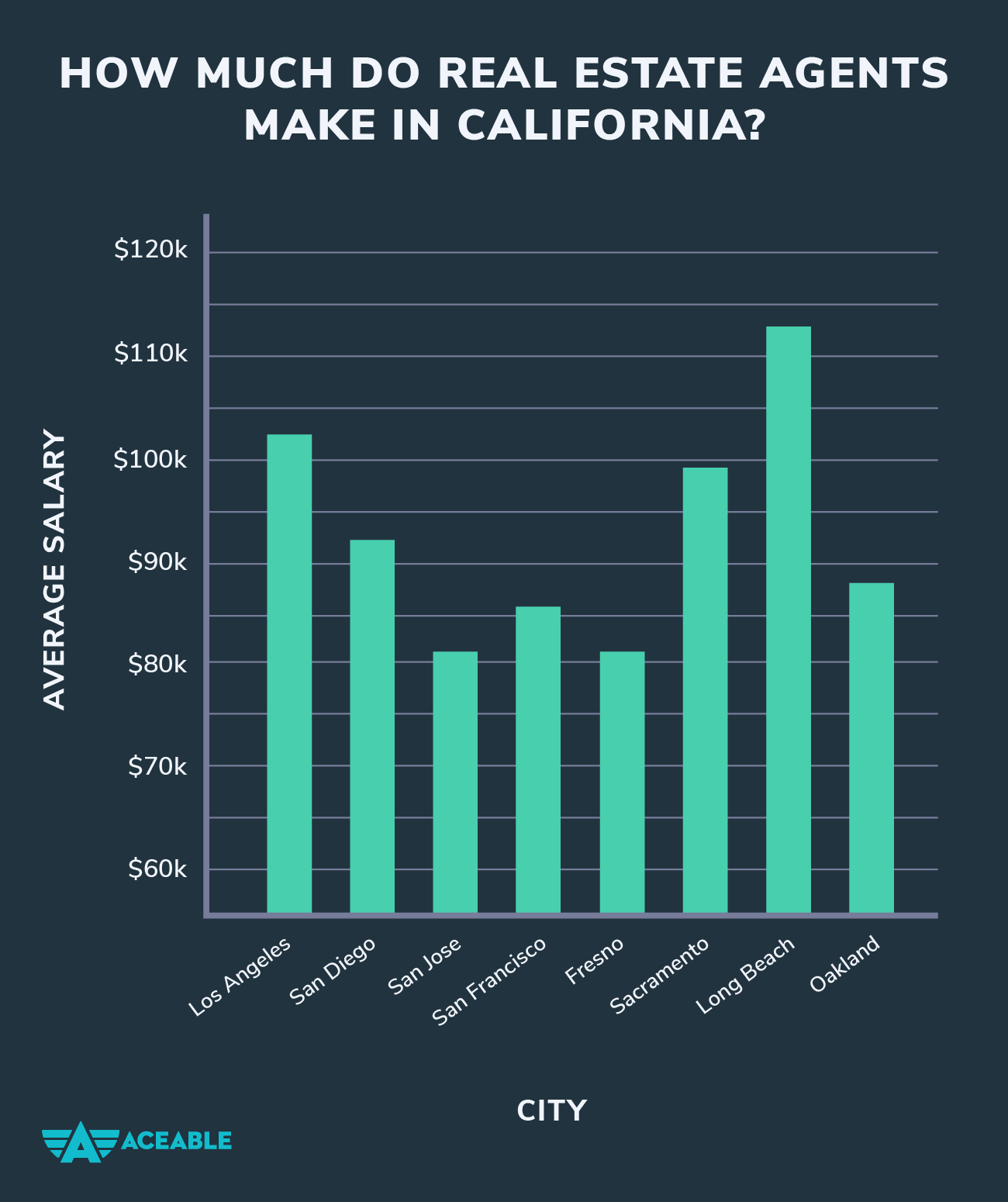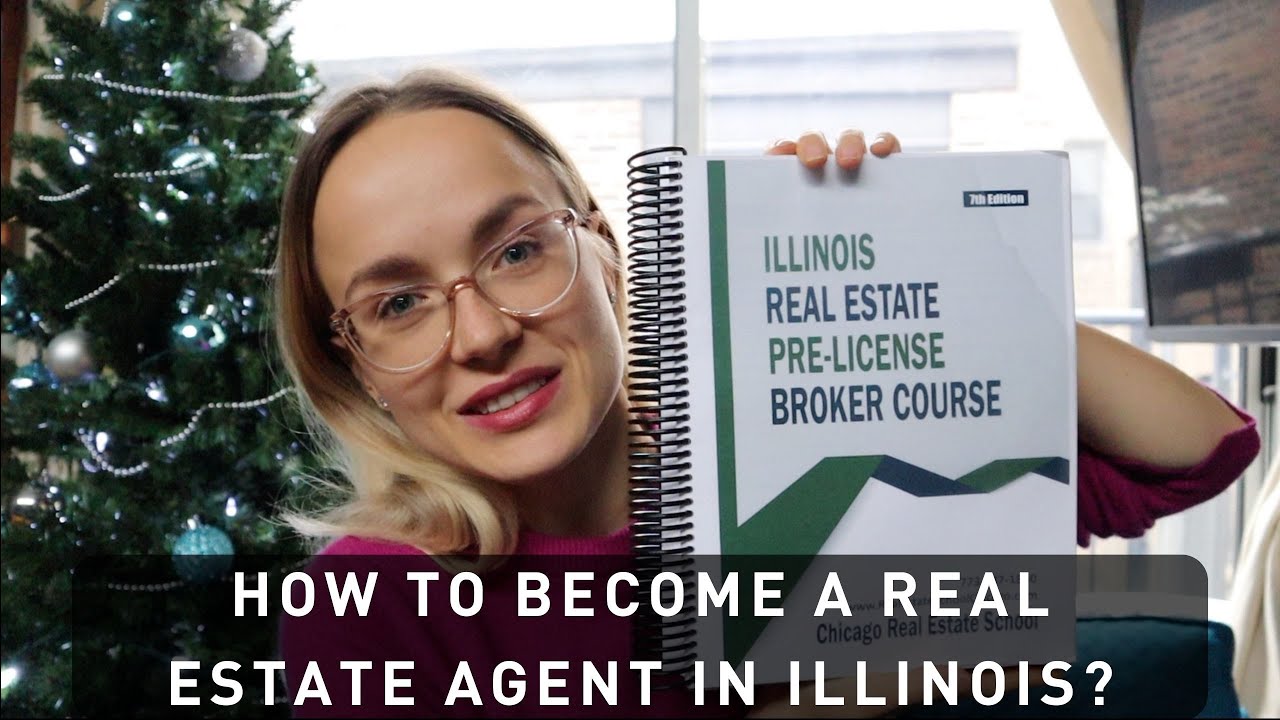
You have many options and many things to think about when you're thinking of buying a home. It is important to save money for your down payment, look for a house that is close to good schools, and ensure that the house's mechanics are in good condition. You'll also want to look at the neighborhood's culture and local businesses. Make sure you have enough money to pay the mortgage. You don't want a home too costly for you.
A down payment? Save your money
FDIC-insured savings accounts can be a great place to save for a downpayment. These accounts can be accessed easily and earn higher interest rates than the average. For those who are planning to buy a long-term home, it may be more practical to invest in the market. The potential for higher returns can make sense.

Start by calculating how much you earn each month. Calculate how much you make each month and add your partner's income, if they have one. Examine your bank statements as well as credit card bills.
Finding a house close to a school district that is good for your children
When buying a house, the location of a school is a significant factor for a family, but the quality of a school isn't the only thing that matters. It is also important to consider factors like commute time and school quality. It is important to consider all these factors and to be open to making sacrifices or giving up some features.
First, it is important to find a property in a great school district if you are buying a home for yourself or your family. This will make it more attractive and easier to sell. Second, if you're considering buying a house for your children, a good school district will give them the best education. Some school districts have special provisions that cater to children with special needs.
A home inspection
For many reasons, it is important to get a home inspection before purchasing a house. This gives you a feeling of ownership and helps you negotiate the price. It's usually worth closing on a well-maintained house. However, if the home needs work, the inspector's reports can help you negotiate a better price or convince the seller to fix it.

You may be able to negotiate with the seller to repair or lower the price if a home inspection uncovers significant issues, such as a leaking water heater. If you don’t want to spend the money on repairs, you can always walk away. Many sellers agree to conduct a home inspection as part their sales contract.
FAQ
How much money do I need to save before buying a home?
It all depends on how many years you plan to remain there. Start saving now if your goal is to remain there for at least five more years. If you plan to move in two years, you don't need to worry as much.
Can I get a second loan?
Yes. However it is best to seek the advice of a professional to determine if you should apply. A second mortgage is often used to consolidate existing loans or to finance home improvement projects.
Should I rent or own a condo?
Renting might be an option if your condo is only for a brief period. Renting saves you money on maintenance fees and other monthly costs. A condo purchase gives you full ownership of the unit. You are free to make use of the space as you wish.
How much does it cost to replace windows?
Replacing windows costs between $1,500-$3,000 per window. The cost to replace all your windows depends on their size, style and brand.
What are the downsides to a fixed-rate loan?
Fixed-rate loans tend to carry higher initial costs than adjustable-rate mortgages. A steep loss could also occur if you sell your home before the term ends due to the difference in the sale price and outstanding balance.
How many times can I refinance my mortgage?
It all depends on whether your mortgage broker or another lender is involved in the refinance. You can typically refinance once every five year in either case.
What should I do if I want to use a mortgage broker
If you are looking for a competitive rate, consider using a mortgage broker. Brokers have relationships with many lenders and can negotiate for your benefit. However, some brokers take a commission from the lenders. Before you sign up, be sure to review all fees associated.
Statistics
- Some experts hypothesize that rates will hit five percent by the second half of 2018, but there has been no official confirmation one way or the other. (fortunebuilders.com)
- This seems to be a more popular trend as the U.S. Census Bureau reports the homeownership rate was around 65% last year. (fortunebuilders.com)
- Private mortgage insurance may be required for conventional loans when the borrower puts less than 20% down.4 FHA loans are mortgage loans issued by private lenders and backed by the federal government. (investopedia.com)
- This means that all of your housing-related expenses each month do not exceed 43% of your monthly income. (fortunebuilders.com)
- When it came to buying a home in 2015, experts predicted that mortgage rates would surpass five percent, yet interest rates remained below four percent. (fortunebuilders.com)
External Links
How To
How to Manage a Rent Property
Renting your home can be a great way to make extra money, but there's a lot to think about before you start. These tips will help you manage your rental property and show you the things to consider before renting your home.
If you're considering renting out your home, here's everything you need to know to start.
-
What is the first thing I should do? Before you decide if you want to rent out your house, take a look at your finances. You may not be financially able to rent out your house to someone else if you have credit card debts or mortgage payments. Also, you should review your budget to see if there is enough money to pay your monthly expenses (rent and utilities, insurance, etc. This might be a waste of money.
-
How much does it cost for me to rent my house? It is possible to charge a higher price for renting your house if you consider many factors. These factors include location, size, condition, features, season, and so forth. Remember that prices can vary depending on where your live so you shouldn't expect to receive the same rate anywhere. Rightmove estimates that the market average for renting a 1-bedroom flat in London costs around PS1,400 per monthly. This means that your home would be worth around PS2,800 per annum if it was rented out completely. While this isn't bad, if only you wanted to rent out a small portion of your house, you could make much more.
-
Is it worthwhile? It's always risky to try something new. But if it gives you extra income, why not? You need to be clear about what you're signing before you do anything. Not only will you be spending more time away than your family, but you will also have to maintain the property, pay for repairs and keep it clean. Before signing up, be sure to carefully consider these factors.
-
Is there any benefit? It's clear that renting out your home is expensive. But, you want to look at the potential benefits. There are many reasons to rent your home. You can use it to pay off debt, buy a holiday, save for a rainy-day, or simply to have a break. No matter what your choice, renting is likely to be more rewarding than working every single day. If you plan well, renting could become a full-time occupation.
-
How do you find tenants? Once you've made the decision that you want your property to be rented out, you must advertise it correctly. You can start by listing your property online on websites such as Rightmove and Zoopla. Once potential tenants reach out to you, schedule an interview. This will help you evaluate their suitability as well as ensure that they are financially secure enough to live in your home.
-
What can I do to make sure my home is protected? If you don't want to leave your home empty, make sure that you have insurance against fire, theft and damage. In order to protect your home, you will need to either insure it through your landlord or directly with an insured. Your landlord may require that you add them to your additional insured. This will cover any damage to your home while you are not there. If you are not registered with UK insurers or if your landlord lives abroad, however, this does not apply. In this case, you'll need to register with an international insurer.
-
You might feel like you can't afford to spend all day looking for tenants, especially if you work outside the home. It's important to advertise your property with the best possible attitude. You should create a professional-looking website and post ads online, including in local newspapers and magazines. A complete application form will be required and references must be provided. While some prefer to do all the work themselves, others hire professionals who can handle most of it. Interviews will require you to be prepared for any questions.
-
What happens once I find my tenant If you have a current lease in place you'll need inform your tenant about changes, such moving dates. Otherwise, you can negotiate the length of stay, deposit, and other details. While you might get paid when the tenancy is over, utilities are still a cost that must be paid.
-
How do you collect rent? When it comes time for you to collect your rent, check to see if the tenant has paid. If not, you'll need to remind them of their obligations. You can deduct any outstanding payments from future rents before sending them a final bill. If you are having difficulty finding your tenant, you can always contact the police. The police won't ordinarily evict unless there's been breach of contract. If necessary, they may issue a warrant.
-
What are the best ways to avoid problems? You can rent your home out for a good income, but you need to ensure that you are safe. Make sure you have carbon monoxide detectors installed and security cameras installed. You should also check that your neighbors' permissions allow you to leave your property unlocked at night and that you have adequate insurance. Finally, you should never let strangers into your house, even if they say they're moving in next door.